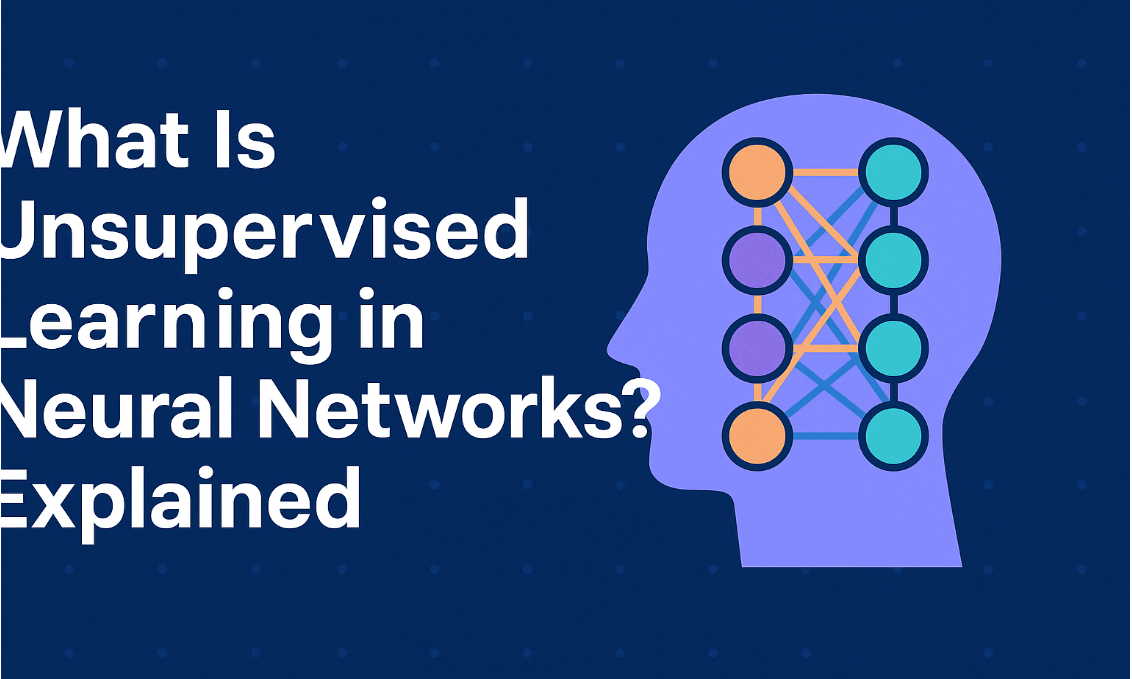.png)
The Impact of Social Media on Mental Health: A Deep Dive
Introduction
In today's digital age, social media plays a crucial role in connecting individuals across the globe. While it fosters relationships and offers a platform for sharing, there is a growing concern about its potential impacts on mental health. This article delves into the complex relationship between social media and mental well-being, examining both its advantages and disadvantages, as well as its historical context and global implications.
The Positive Impacts of Social Media on Mental Health
1. Social Connection
Social media platforms like Facebook, Instagram, and Twitter provide users with opportunities to connect with friends and family, regardless of geographical barriers. This connectivity can lead to a greater sense of belonging and community.
2. Support Networks
Online communities often serve as vital support systems for individuals dealing with mental health challenges. Groups focused on specific issues (like anxiety, depression, or addiction) can offer empathy, advice, and shared experiences, fostering a sense of solidarity.
3. Self-Expression
Platforms allow users to express themselves creatively and authentically. Sharing thoughts, artwork, or personal stories can be therapeutic, encouraging individuals to articulate their feelings and experiences.
4. Access to Information and Resources
Social media can be an invaluable resource for mental health information. Users can find articles, expert advice, and tips for managing mental health issues, all of which can contribute to greater awareness and understanding.
The Negative Impacts of Social Media on Mental Health
1. Comparison and Envy
Social media often presents an idealized version of life, leading users to compare themselves unfavorably to others. This can foster feelings of inadequacy, low self-esteem, and even depression.
2. Cyberbullying
The anonymity of social media can lead to increased instances of online harassment and bullying. Victims of cyberbullying often experience severe psychological distress, impacting their mental health significantly.
3. FOMO (Fear of Missing Out)
The constant stream of updates regarding social events can evoke feelings of exclusion or inadequacy, known as FOMO. This anxiety can lead to stress and exacerbate feelings of loneliness.
4. Distraction and Addiction
Many individuals find it challenging to limit their social media use, leading to addiction-like behaviors. Excessive screen time can detract from important life aspects, such as work, studies, and personal relationships.
5. Sleep Disruption
The blue light emitted by screens can interfere with sleep patterns, contributing to fatigue and mood disorders. Poor sleep hygiene is closely linked to increased anxiety and depression.
Strategies for Healthy Social Media Use
1. Set Limits
Establishing clear boundaries around social media usage can help mitigate its negative effects. Consider using apps that track and limit screen time.
2. Curate Your Feed
Be intentional about the content you consume. Unfollow accounts that trigger negative emotions and follow those that inspire positivity and motivation.
3. Take Breaks
Regular digital detoxes can refresh your mind and provide a break from the pressures of social media. This can reduce stress and improve mental clarity.
4. Practice Mindfulness
Mindfulness techniques can be effective in managing stress. Incorporating mindfulness practices, such as meditation or deep-breathing exercises, can help reduce the negative impact of social media.
5. Seek Support
If social media is affecting your mental health, it’s crucial to reach out for help. Talking to friends, family, or a mental health professional can provide relief and guidance.
The Historical Context
The emergence of social media in the early 2000s revolutionized communication. Platforms like MySpace and Facebook initially aimed to connect users, but as social media evolved, so did the nature of interactions. Today, with platforms like Instagram and TikTok, visual content has taken center stage, further complicating the relationship between social media and mental health.
Global Impact
Globally, the impact of social media on mental health varies by culture and region. In some areas, social media serves as a lifeline for marginalized communities, while in others, it may exacerbate feelings of isolation or anxiety. Research shows that countries with higher social media penetration often report increased rates of anxiety and depression among younger populations.
Latest News and Updates
Recent studies continue to highlight the dual nature of social media's impact on mental health. In 2023, researchers found that while social media can provide support and community, it also correlates with rising anxiety levels among adolescents. The ongoing dialogue emphasizes the need for digital literacy and responsible social media use, especially among young users.
Conclusion
Social media has the power to both uplift and harm mental health. By understanding its potential risks and benefits, users can make informed decisions about their online presence. Practicing mindful social media use—through setting limits, curating content, and taking breaks—can help maximize its benefits while minimizing negative effects. Ultimately, fostering a healthy relationship with social media is key to maintaining mental well-being in an increasingly digital world.








